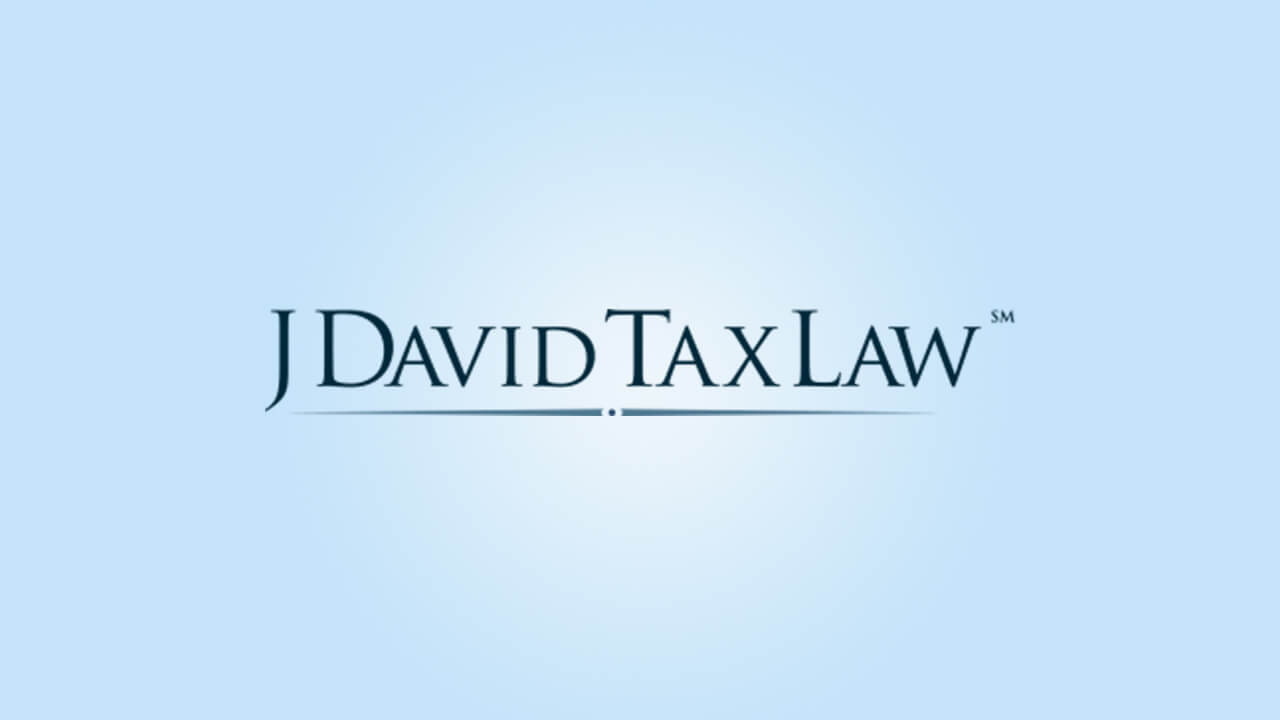Cryptocurrency Sequel: Currency in Computer Code

Cryptocurrency Sequel: Currency in Computer Code
As discussed in the first article in this series, cryptocurrency experts and investors both share the belief that one day tokens will be a widely accepted form of recognized currency. During this new era, you could make purchases and earn income in tokens like Bitcoin. I know what you’re thinking; a single Bitcoin is worth over $39,000 (as of the drafting of this article), how can you get paid in something worth that amount?
That’s precisely the advantage cryptocurrency has over traditional cash; it’s entirely digital and based upon complex mathematical formulas that are being solved continuously by the computers in the blockchain. You can break down a token into fractions that go for several decimals which allows you to spend 0.0003 Bitcoin for that burrito from Chipotle. This precision and flexibility offers the ability to allow for more accurate transactions and potentially more savings on high volume production costs.
When You Spend Cryptocurrency as Cash
Often retailers that accept cryptocurrencies use third-party processors, such as Bitpay and Cryptopay. Before you jump in, it’s wise to understand how the payment system works and what fees may be involved. Used by many small, local businesses, Shopify is a processing system that allows businesses to accept Bitcoin payments. The popular payment app Square is also rolling out Bitcoin marketplace options that may allow product and service purchases with cryptocurrency. Finally, the payment processor Stripe offers companies the ability to integrate a Bitcoin payment form right into their websites.
Similar to all other types of currency transactions, the IRS is notified of all transactions on these platforms. If you sold goods or services through these platforms and thought that by only accepting cryptocurrency the new currency wouldn’t be subject to taxation or the income would be harder to find by the IRS or other tax agencies, think again.
The IRS Knows About Cryptocurrency Profits
Just as stock transaction gains that are held less than a year are subject to capital gains taxes, cryptocurrency profits via methods like speculative trading on the ups and downs of crypto are subject to capital gains taxes. The crypto earned from transacting with goods and services is taxed as ordinary income, broken into the seven federal tax brackets. Even still, there are several distinct ways that the income can be viewed; self-employment income earned for goods and services or a fixed salary paid by an employer. Identifying between the two is an important matter that can each have its advantages depending on your unique circumstances. We recommend consulting with a tax professional on how to structure your income during tax preparation and how to report your cryptocurrency accurately to the Internal Revenue Service.
An important thing to remember is that cryptocurrency isn’t an underground currency as it once was. As it becomes more mainstream, more regulations from governments and a greater focus on tax collection from governmental tax agencies worldwide will follow. Over the coming months, J. David Tax Law estimates there will be tens of thousands of individuals who will receive tax bills for cryptocurrency trading gains and from the sale of goods or services,
Cryptocurrency Representation in Orlando, FL
At J. David Tax Law in Orlando, FL, our tax attorneys are experts in the taxation of cryptocurrency and the fallout from unpaid taxes on cryptocurrency gains. The article you read was written by a senior attorney at our firm who is a cryptocurrency and taxation expert.
If the IRS contacts you about a tax debt from cryptocurrency, call the experts at J. David Tax Law for a no-cost consultation and immediate representation. By acting swiftly, we can help lessen the impact if the IRS is taking aim at you.
Categories
Featured Articles

Meet Jonathan David Sooriash
He is the founder and Managing Partner of J. David Tax LawSM. He is the winner of the 2019 Ultimate Tax Attorney awarded by the Jacksonville Business Journal. This award recognizes law firms and attorneys who show exemplary professional talent and skill while demonstrating superior client care, leadership, charitable concern, and civic engagement. Jonathan graduated from Chapman University School of Law. He has practiced law since 2011.









